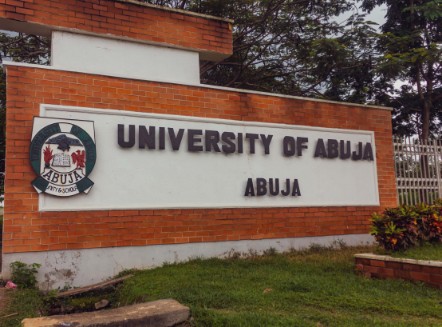The University of Abuja, alongside few foreign institutions have secured over £5 million to advance sickle cell research across sub-Saharan Africa.
The Director, National Centre of Excellence for Sickle Cell Research and Training (NCESTRA) domiciled in UniAbuja, Prof. Obiageli Nnodu, revealed this during Patient-centered Sickle Cell Disease Management in Sub-Saharan Africa (PACTS) workshop held at the institution.
The workshop, organized by NCESTRA in collaboration with PACTS Liverpool School of Tropical Medicine (LSTM), has as its theme:’Strengthening Institutional Research Capacity and Safeguarding.’
Prof. Nnodu, who heads the Centre for Sponsored Projects at the university, said the initiative is aimed at enhancing the ability of African institutions to undertake world-class sickle cell research through capacity development.
Her words, “Research is a very important vehicle for national development and it is good for African institutions to have the capacity to do research strengthening through training and then through putting the right infrastructure in place, not only to win grants, but to monitor, manage and carry out the research projects and to be able to report and implement findings from research projects into the society, into policy.
“This capacity strengthening workshop is key to our universities because over the past four years, we have had significant increases in the number of research grants that we are getting, but we also have what I would tend to say is a population, a faculty that needs to have their capacity built to participate in funded research,” she explained.
Prof. Nnodu, who serves as Co-Principal Investigator on PACTS, noted that the project involves institutions in Ghana, Zambia, the United States, and the United Kingdom.
Declaring the workshop open, Acting Vice Chancellor of UniAbuja , Prof. Patricia Lar, emphasised that the programme reflects the institution’s commitment to tackling the burden of sickle cell disease.
“This workshop represents a key moment in our shared commitment to advancing research excellence. Particularly in the fight against sickle cell disease, which is a public health challenge, not only in Nigeria, but in the whole of sub-Saharan Africa,” the Acting VC, represented by her Senior Special Assistant on Academic Matters, Prof. Rhoda Mundi, stated.
She emphasized that building research capacity is both a strategic necessity and a responsibility for institutions seeking to create lasting solutions.
“So, I hope that this is an opportunity to share knowledge, to learn from one another, and to form a collective result to improve health outcomes, not just in Nigeria, but throughout, and to improve the quality of the research we have,” she added.
Prof. Imelda Bates, Principal Investigator for PACTS, described the approach as transformative because it places patients at the centre of the research.
“It is patient-centred sickle cell disease management in Sub-Saharan Africa which is a totally new way of doing research because it puts the patients at the centre. So we talk to them about their problems and then we try and address some of those through research.
“Obviously Nigeria is the place to do this because Nigeria has by far the biggest population in the world of those living with sickle cell disease. So it’s clearly an absolute priority for the country to do research on sickle cell disease,” Imelda stated.














